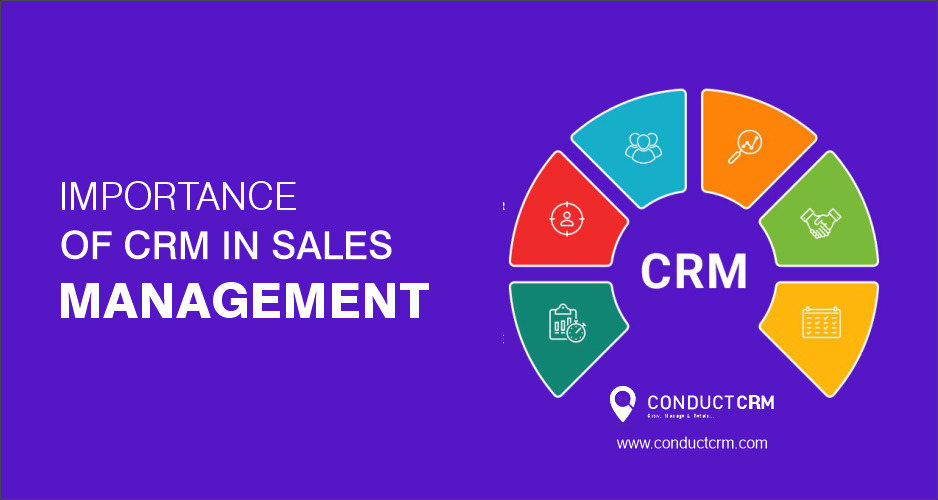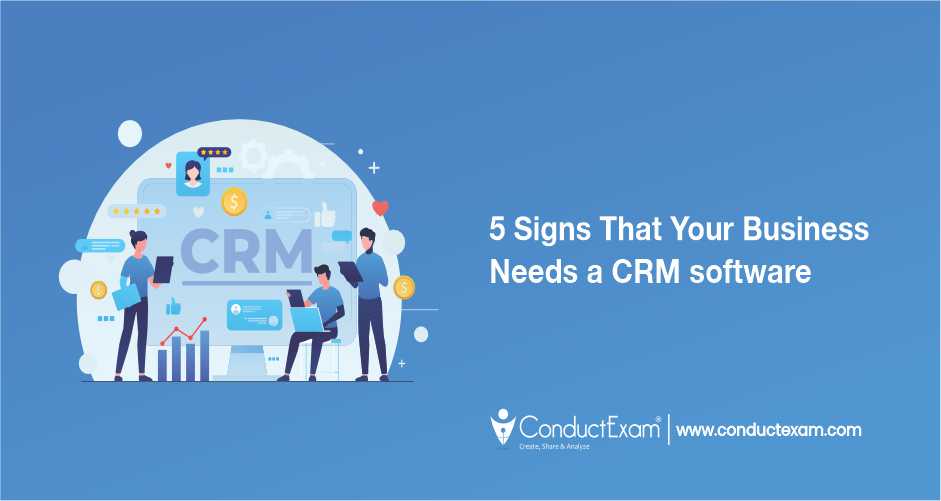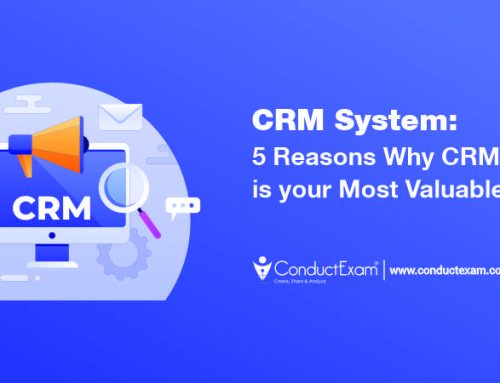Introduction
Relationship with a client a vital factor at the aspect at any platform of all platforms of business. Basically, it would refer to the tool which is about a tech system that is used to perform an optimal relation of the clients which basically stands for client relationship management. They are self-explanation exercises on how to build an effective environment with our customers for our business growth.
Today most business leaders had learned about the purpose of CRM and in the digital platform, all the employers have to get understand these trends according to the need for some high-profile clients. A good CRM tells us who our client is that’s why they need your help or how we could solve our problems.
Armed with this useful information to anyone can tailor your pitch to suit their needs of your leads. It is either the process or tool that is used to ensure that a customer’s journey is tracked from start to finish. CRM may mean a lot of things on different platforms.
This both ensures a good client experience, as well as increases your chances to make a sale. Starting along with all clients involves gathering or analyzing requirements to determine who the client is, about the need for or how a business can meet, then exceed those needs.
In short, CRM is a business strategy that focuses on their knowledge, and experience. While that goal of any type of our profit, the strategies start with the client and work toward the sale, versus a selling strategy that starts with the product or service and leads toward all the clients.
Also Read: How To Handle Product Lifecycle Management Easily With ERP
There Are Basically 3 Reasons Why CRM Is Important For All Types Of Business
CRM is important for a company to provide the best client service to succeed in selling it’s supporting or both generate and retain its customers. It ultimately has a strong effect on the company’s bottom line and customer needs.
1. Increase Profitability
Which will give you profit by building and managing strong none with their clients when we come to know a client aspect of the company should be able in providing the content efficiently and build new relations with some additional revenue.
2. Increase in Productivity
Which is a key to increasing productivity in a team. Along with this solution of this company all the requirements needed about all client and there is no need to manually search at all the requirement which are gathered.
3. Improve Client Service
Which is able to assist a specific team in following up leads in real-time and it will give reminder in prompt which allows the sales team to nurture a relationship with them. This engagement plays a vital role in exploring it.
Also Read: Store Management Software | Why Is It Important For Every Store
Top 10 Benefits Of CRM For Salesperson
CRM involves a process of studying all the clients and their buying process, will provide the sales staff with the training or technology which is essential to match services along with needs, and assisting sales staff efforts to discover ways to add value in profit with cross-selling. help the business to acquire client information, such as purchase habits, and marketing strategies.
It should consider how long it would take to configure and set up the CRM, and how complex it is for end-users. Focusing attention on the needs of the client of making the useful implementation of CRM strategies at utmost creates a common goal for all concerned. Implementing CRM strategies, it requires an investment of both time and money. Let’s see the TOP 10 Benefits of CRM for salesperson:
1. Allow a Safe Storage Space
CRM helps salespeople to safely and centrally store their contacts, activities, and scheduled plans in one place, and have uninterrupted access to the database from multiple locations. Rest assured that your data won’t just get lost.
2. Help In Cut The Overall Cost
Sales management CRM is the tool in every successful business should incorporate not just to generate more leads and build an extensive client base but to satisfy the customer to improve gain which is any business, but all the implementation of practical strategies will allow businesses to cut unnecessary expenses, save time pursuing a non-profit leader, and reduces loses.
3. Platform Of Better Relationship
When you have a great relationship with your old clients, you can rest assured that you will always get new clients from them which allows you to pursue other avenues of lead generations. There is no sale except for customers. Building a superb relationship for existing and a potential client is important for any business.
4. Great Power Of Decision Making
Basing your sales information on speculations will not only affect your sales target and paperwork but everything down the line. Without the proper sales management CRM, the sales managers are left with little or nil information concerning the process and sales quality of their representatives.
5. Easy To Track And Analyze
CRM will help you keep a tight checkout on your leads. We will be able to understand where definitely the lead is in your sales process. The CRM can even give you intelligent sales signals to ensure you don’t miss out on a potential sale. The CRM also helps sales managers to know efficient sales representatives and those that need extra coaching or assistance to achieve their targets.
6. Warm-up For The New Sales Management
By tracking all communication with the customers, it helps salespeople to know exactly when customers need to be contacted; for example, for product replacement, contract renewal, or for an upsell to a new product or service.
This all increases your chances of closing a sale. There are countless smaller units that make up the sales management department such as supply and demand, market prediction, planning and budgets, recruitment and selection, goals and quotas, progress performance.
7. Know Your Customer Needs
All this increases customer satisfaction and ensures loyalty, as well as high-profit margin along with all the customer-related data, are stored in CRM and it would help in a salesperson to analyze the needs of customers and even anticipate problems – all at right time. Customers, on the other hand, appreciate been acknowledged and will patronize our business leading to more sales with clients for the business.
8. Relieve Form Admin Work
It stores product and price details, triggers reminders for activities, and takes salespeople through the sales pipeline step by step. CRM releases the sales teams from the majority of admin tasks by reducing and even removing some of the repetitive actions that take a lot of time, but yield little profitability.
9. Nurture Yourself With Up-To-Date Information
It increases internal communication, provides ways for employees to will work togetherly toward the same goal, makes selling easier and more efficient, and increases customer satisfaction and loyalty. carrying out the strategies effectively requires commitment and communication, along with the technology and infrastructure required to support it.
10. Save more money: With salespeople, it is the reduction of mistakes (for example, in orders or quotes) that CRM can help with. Effort and cost related to correcting those errors may be much higher. Finally, it boils down to that thing of saving money for that cluttering and vanishing of notes, since every new information can be safely stored in the system.
When customers interact with the business on any level, data is collected using the CRM strategy put in place; this data will allow the sale manager will monitor the sales, how many current sales come in identify which area for more sales and that didn’t and it allows them to determine what exactly customers are looking for and provide it for them.
Conclusion
Don’t you want to prepare repetitive tasks automatically generated and wish to create leads the auto way from the website? A sales manager needs to oversee the activities of the entire sales team and put those into the context of the larger business goals. Modern CRMs will allow the CRM administrator to define many custom user roles that provide varying levels of data access across a single account.
When you talk with salespeople from other organizations, you may notice they manage prospects in a different way than you are used to. And it’s not uncommon for all methods & processes to be used within the one company. Different companies include different steps and activities in their sales cycle, depending on how they define it.
In addition, continuous evaluation of the sales cycle across the industry can prove the superiority (or inferiority), of your techniques when compared to the competition. As you aren’t always capable of keeping eyes on all deals and arrangements, your CRM will play a big part in keeping you informed. you should define the steps in your sales cycle which indicates which should be pulled into the CRM.
From there, you can simply monitor how your people input information into the system. Its aim is to help businesses build long-lasting relationships with clients. Some of the modern systems have already gone far beyond that limit and evolved to business management software, being able to handle a lot of other aspects and processes, as featured in the content above.






Leave A Comment